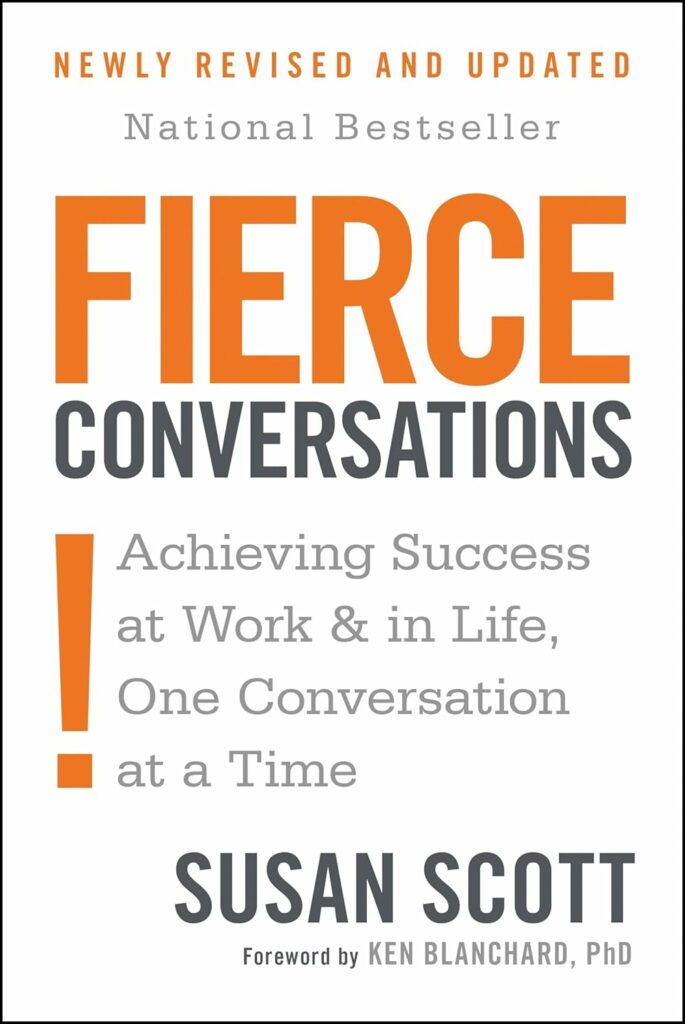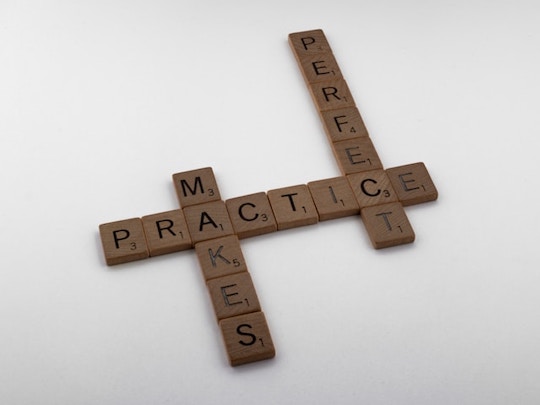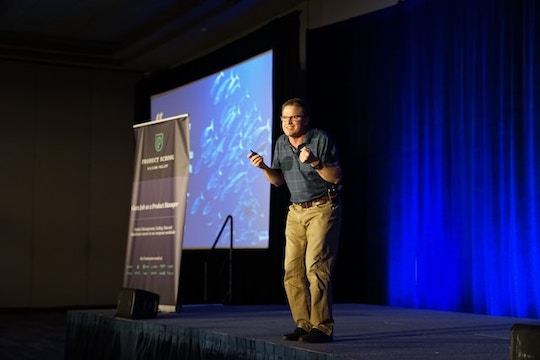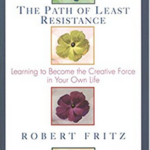“Unspoken expectations are premeditated resentments.”
—Neil Strauss, American author, journalist and ghostwriter.
Where in your life do you harbor resentments towards others?
Who are the people that make your blood boil — or just annoy you — because they let you down or fall short of your expectations?
In arguments with our significant others, it is not uncommon to hear the phrase “I’m not a mind reader” used to express our frustrations.
To avoid or lessen the occurrence of such interactions preempt them by speaking up early with direct and specific requests. If accepted, you have a clear promise — and if denied, you can always try negotiating an alternative path forward.
EXERCISE:
Where in your life are you silent about your expectations of others?
How has any underlying or overt resentment affected your relationship?
Consider reading Fierce Conversations by Susan Scott for many productive ways to speak up and listen better to improve your future interactions.












